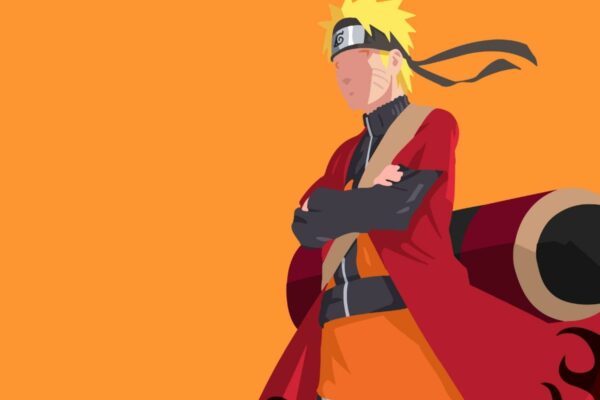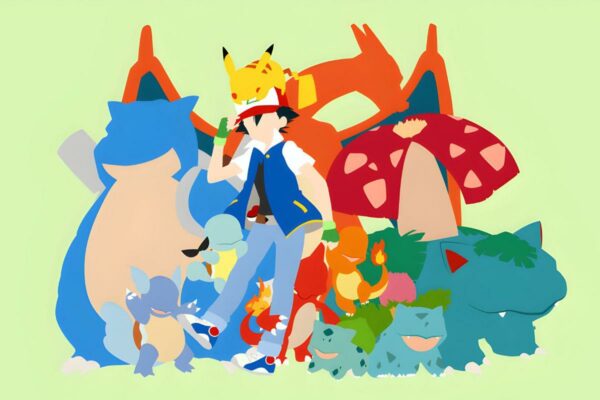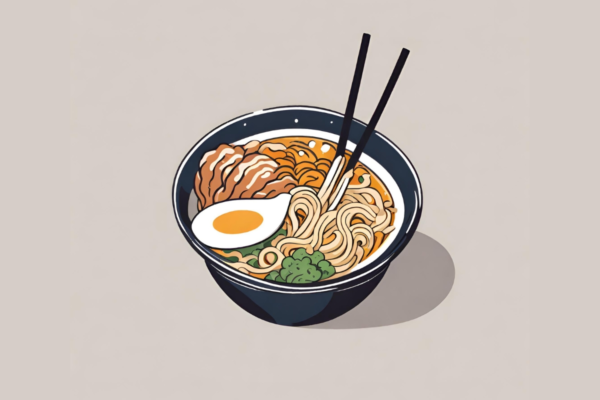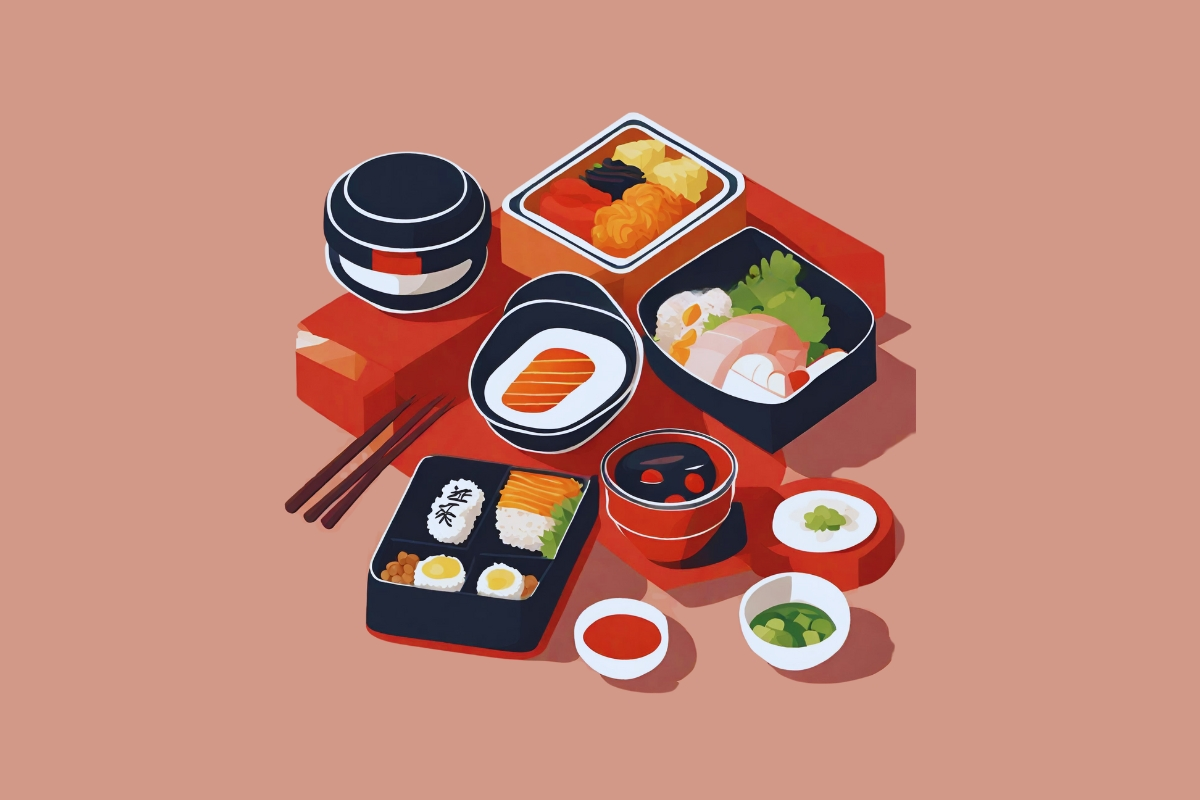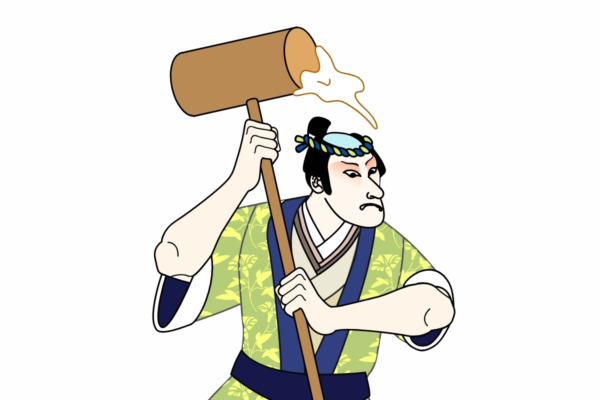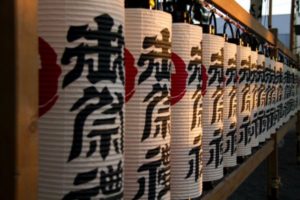We can all agree that Japanese culture has long impacted the western world, but Japanese video games have undoubtedly had the most significant impact in modern times. Its impact goes all the way back from The Last Ninja on home computers back and Shinobi in the arcades in the 80s to the current console generation with the samurai-based action-adventure Ghost of Tsushima. They have helped shape the modern gaming landscape through titles like these and their developers.
The gaming industry in Japan is enormous; the country has over 75 million gamers connected to a sector that generates revenues estimated to be worth around £16.2 billion.

Image credit: Taste of Cinema
Outside Japan, the country’s culture has influenced various types of games and devices to play games on. The boom in mobile gaming started with the Nintendo Gameboy and continues today on smartphones with A Dream of Jianghu, the martial arts-based multiplayer title. Elements of Japanese culture have also permeated the online slot industry.
The slot titles available on Coral include Samurai Split and Ways of the Samurai. They draw heavily from the perceived cultural imagery of the samurai, as often depicted in other titles on consoles which can explore the genre in more depth. For instance, the ever-popular franchise, Yakuza, is inspired by the criminals who adopted samurai-like rituals. Yakuza: Year of the Dragon is a perfect example of how the culture and the game style have moved out of the Far East.
Titles such as Yakuza have become iconic symbols of the gaming industry, and it’s in Japan where most of the world’s loved digital characters have all been virtually ‘born’. Super Mario was created by Nintendo as the everyday guy out to foil the imposing figure of Donkey Kong before he became the superstar that he is today.
Designing new video game genres and subgenres is Japanese developers’ most significant cultural contribution. The role-playing game (RPG) genre, for instance, has Japanese roots but has since spread over the globe and encouraged the creation of several other RPGs.
The gameplay and narrative of Japanese video games have also been praised for their ingenuity. For instance, cutscenes have become more common in games thanks to the “Final Fantasy” series, which uses these cinematic sequences to expound on plot points and convey the story. As a result, cutscenes are often used as a narrative method in many current video games because of the blueprint laid by JRPGs.
Video Games Leading to Hit TV Shows

Image credit: Cláudio Luiz Castro
Video games like Donkey Kong from Japan were pushing the envelope at the beginning of the gaming industry and instantly influencing modern culture worldwide.
Anime shows like Pokemon and Super Mario Bros. are based on popular Japanese video games. In Japan, anime represents a significant portion of the broadcasting industry. The plots and characters of these anime adaptations are often faithful to the source material, an excellent way to familiarise people all around the globe with Japanese culture and narrative conventions.
Some popular Japanese video games have spawned not just anime adaptations but also original TV series that take their cues from the games’ themes and gameplay features. The video game “Katamari Damacy,” in which the main character rolls up various items into a ball, served as inspiration for the television programme “Wipeout”, which has the offbeat flavour present in many other local gameshows in the nation.
Even TV series that aren’t based on particular games have been affected by Japanese video games by using parts of video game culture in their storylines and themes. In the TV programme “The Big Bang Theory,” the main characters are all serious gamers who often discuss and make allusions to various Japanese video games.
It would be impossible to overestimate the influence of Japanese video games on western popular culture; the medium has found its way throughout the globe thanks mainly to the quirky and eccentric aspects of Japanese culture.
Pushing the Mobile Gaming Envelope

Image credit: David Grandmougin
As games have developed, ones created around these icons of Japanese culture have also led the way in mobile gaming by pushing mobile technology to its limits. There are around 500,000 games available, and finding good titles is challenging, even those influenced by Japanese culture. However, when Nintendo collaborated with Augmented Reality experts Niantic, they came up with the most extensive winning formula seen on mobile platforms with the release of Pokémon Go. It’s become the most downloaded gaming app of all time.
Within hours of its release, thousands of people could be seen walking around their towns and cities, looking at their phones in search of the cute little characters. Its impact was such that even local café owners near PokéStops and Pokémon Gyms offered drink creations in the game’s colours, bringing fans into their establishments.
After the game exploded worldwide, it brought on a bunch of variants as other companies scrambled to jump on the bandwagon. Jurassic World Alive and The Walking Dead: Our World are just two of numerous titles in the mould of Pokémon Go, but they’re not a patch on the title, which created a whole new generation of gamers on the go.

Image credit: Ryan Quintal
In the world of music, Japanese composer Nobuo Uematsu was the first person commissioned to create a score for the Final Fantasy Japanese video game series; the anthems from the titles were groundbreaking. The music included vocals and a full orchestra for the first time, opening the door for modern games that feature world-renowned artists and performers.
The soundtracks of many Japanese video games, such as Final Fantasy, are unique compositions written for the games themselves. These scores are often the work of skilled composers who have contributed significantly to the canonization of music’s place in the gaming medium.
Many talented musicians who are admirers of the original compositions have also created remixes of video game music and released them on albums and compilations. Live concerts and other events showcasing video game music have often been staged, bringing the genre to a larger audience and solidifying its status as a genuine and popular musical genre.
The music industry has significantly benefited from introducing video game music to a larger audience, greatly facilitated by Japanese video games. So, without the innovative take on game audio from Uematsu, seeing DJMag reporting that Dr Dre was releasing six new tracks through Grand Theft Auto may not have been possible.
Cultural Influence

Image credit: Sorasak
One video game franchise that has caught the eye across three generations of consoles is Assassin’s Creed, which has yet to visit Japan. However, the acclaimed Ghost of Tsushima has been likened to the AC series, but it does Japan with a little more care and attention than the Ubisoft juggernaut might.
Controlling Jin Sakai during the Mongol Invasion (during the Kamakura Period) is a unique experience, and the game draws on many Japanese themes and aspects, such as composing Haikus.
This is by no means the only game to feature such a strong representation of Japanese culture, but it is one of the best. We’ve already touched upon the Yakuza franchise, another worth visiting.
Japanese video games have had an effect on popular culture at large, in addition to the video game industry. Manga, anime, and even live-action movies and television programmes have all taken inspiration from popular Japanese video games. Thanks to these adaptations, a global audience has been exposed to Japanese art and narrative.
Final Words

Image credit: hao qin
Whether it’s your friendly, coin-collecting moustachioed plumber, the samurai sword-swishing warriors in online slots, seeing people congregating around a bench in the park looking for Charizard, or the majestic aural experience heard in some of the world’s most popular games.
It’s indisputable that the Japanese gaming industry has heavily influenced people’s lives for decades, and there’s no doubt it’s something that will continue for decades to come.











